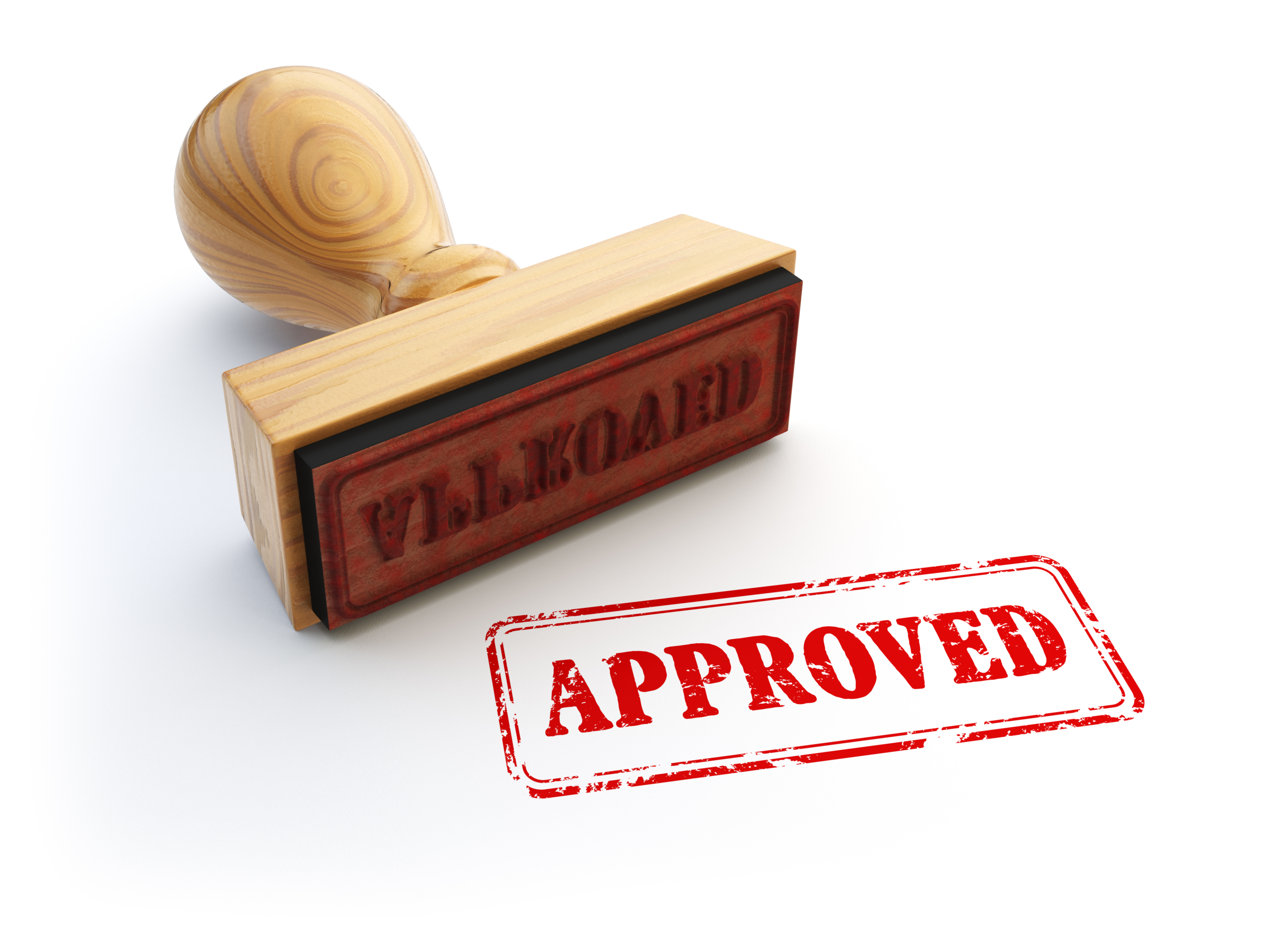Illinois residents can expect to receive a decision on their SSD benefits application 120 days from the date the application was submitted. But that’s just the average. Some applicants hear sooner, while others may wait months or even years for a decision, especially if they choose to appeal any denials of their claim.
Three factors that can delay your approval for SSD benefits
Failing to bring the requested information to your interview
The SSD benefits application process begins with an interview at your local social security field office. The disability examiner determines eligibility by reviewing your personal and financial information. Arriving at the appointment with only some of the required information will not necessarily cause your application to be denied – you can supply the disability examiner with the necessary information after the interview – but it will cause significant delays, especially if you leave it to the disability examiner to obtain the omitted information. To avoid delay, make sure you bring all of the required information, such as salary and employment history, family information and medical history, to the interview.
The SSA has created an adult disability checklist that can help make sure you don’t forget anything.
Failing to have current and appropriate medical documentation
Medical documentation supporting your disability, such as physician notes, diagnostic images, and treatment records, are the heart of your SSD benefits application. Failure to submit the appropriate documents can cause lengthy delays in your case while the disability examiner requests the records from your treating physicians.
Just as important as providing the appropriate medical documents is making sure those records are current. While medical records more than 90 days old provide useful and relevant information regarding your treatment history and the ongoing effects your disability, the disability examiner cannot make a disability determination with records that are more than 90 days old. That’s because the finding of disability must be made on what you cannot do now, rather than what you could not do in the past. If your medical records are not current, the SSA can require you to submit to a consultative exam with one of its doctors (which greatly decreases the odds that your application will be approved), or reject the application until you provide more recent information, both of which can result in delays.
Not having your doctor complete a medical source statement
Applicants must submit relevant medical information, including laboratory and diagnostic tests, medications and treatments, hospitalizations, and treatment notes, as part of their SSD benefits application. But a medical source statement elicits information not normally included in medical records and doctor’s notes. Physician statements and diagnostic tests and images verify the existence of the disability, but tell nothing of your functional residual capacity, i.e., what you can and cannot do as a result of the disability.
This information is vital in helping to show how the disability affects your ability to perform activities of daily living and other tasks essential to carry out job functions. Without a medical source statement, the disability examiner will have to complete your functional residual capacity or arrange a consultative exam with an SSA physician to determine your limitations, both of which can take time.
Administrative appeal caseloads
Every applicant has the right to appeal if the SSA denies their benefits application, and we encourage our clients to do so, as the chance of approval increases at every level of the appeals process. But appealing a case takes time, and high caseloads at the administrative hearing level (the second level of appeals) could mean a wait of a year or more before your case is heard.
Not hiring an attorney experienced in SSD benefits
If your car broke down, you’d bring it to an experienced mechanic. If your roof suddenly starts leaking, you’d call an experienced contractor. Filing for SSD benefits should be no different. Yes, the process is designed so that an attorney isn’t necessary, and the SSA has plenty of resources on its website that can help you apply for benefits on your own. But hiring an attorney who handles only SSD benefits cases can not only speed up the process but increases your chance of approval. That’s because, over the years, an attorney whose practice is focused solely on SSD benefits knows the right information to provide to prove your disability and its impact on your ability to work, and the right way to present it. And if your case has to go through the appeals process, an experienced attorney can alleviate your stress and ultimately save you time and money.
Do you need an experienced professional to help you with your SSD application approval or denial? Complete our online form for a complimentary case evaluation or call #(847) 577-4476.









